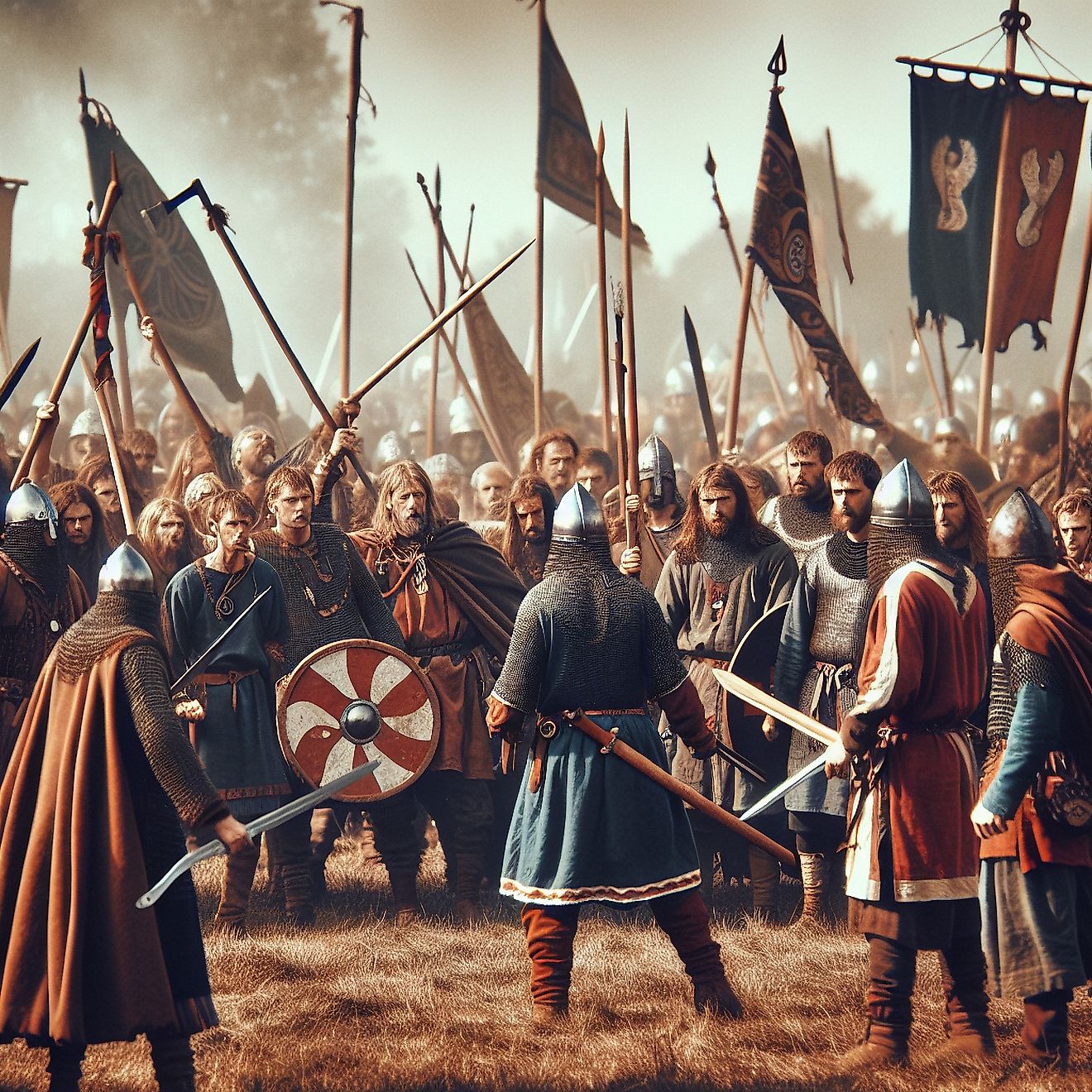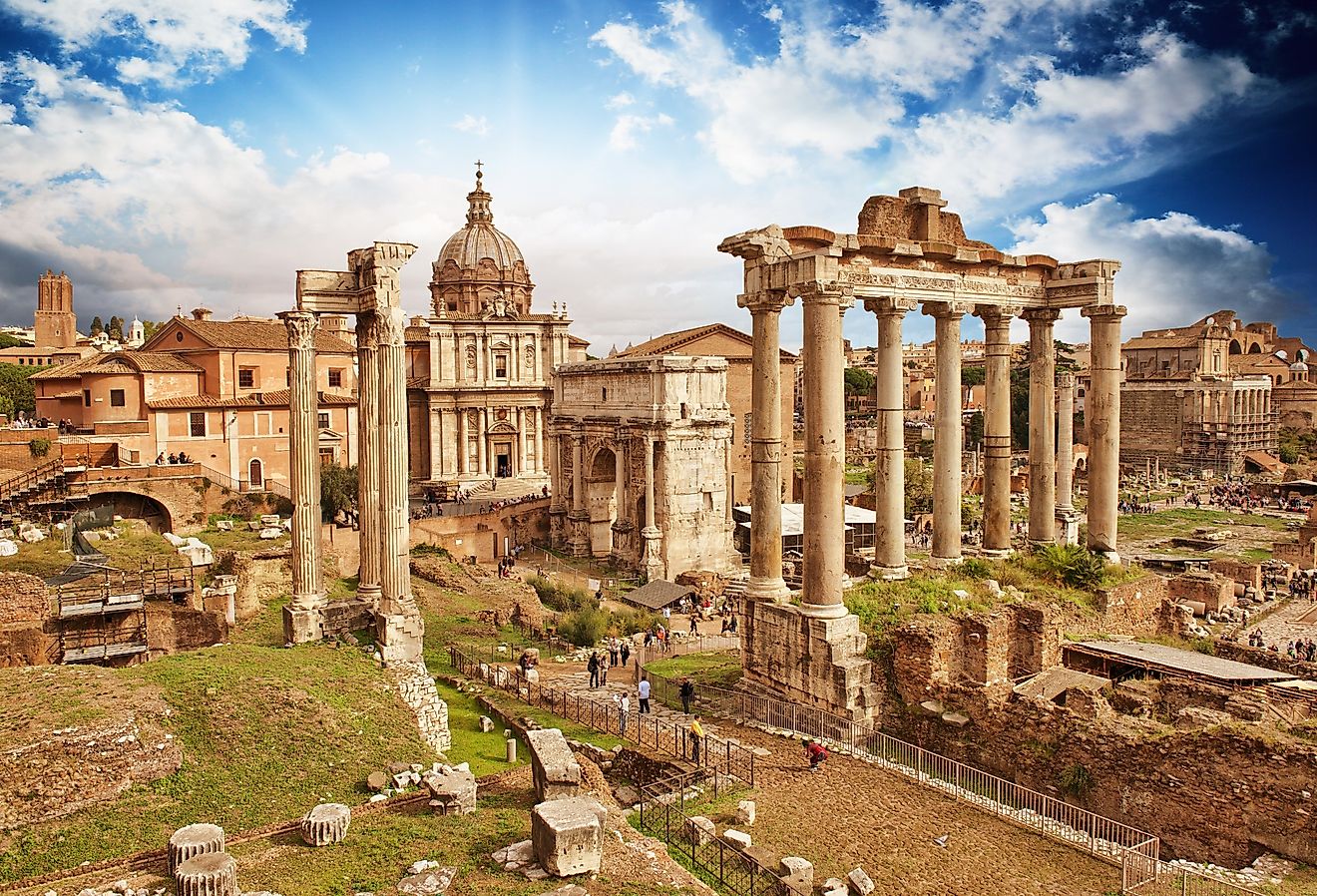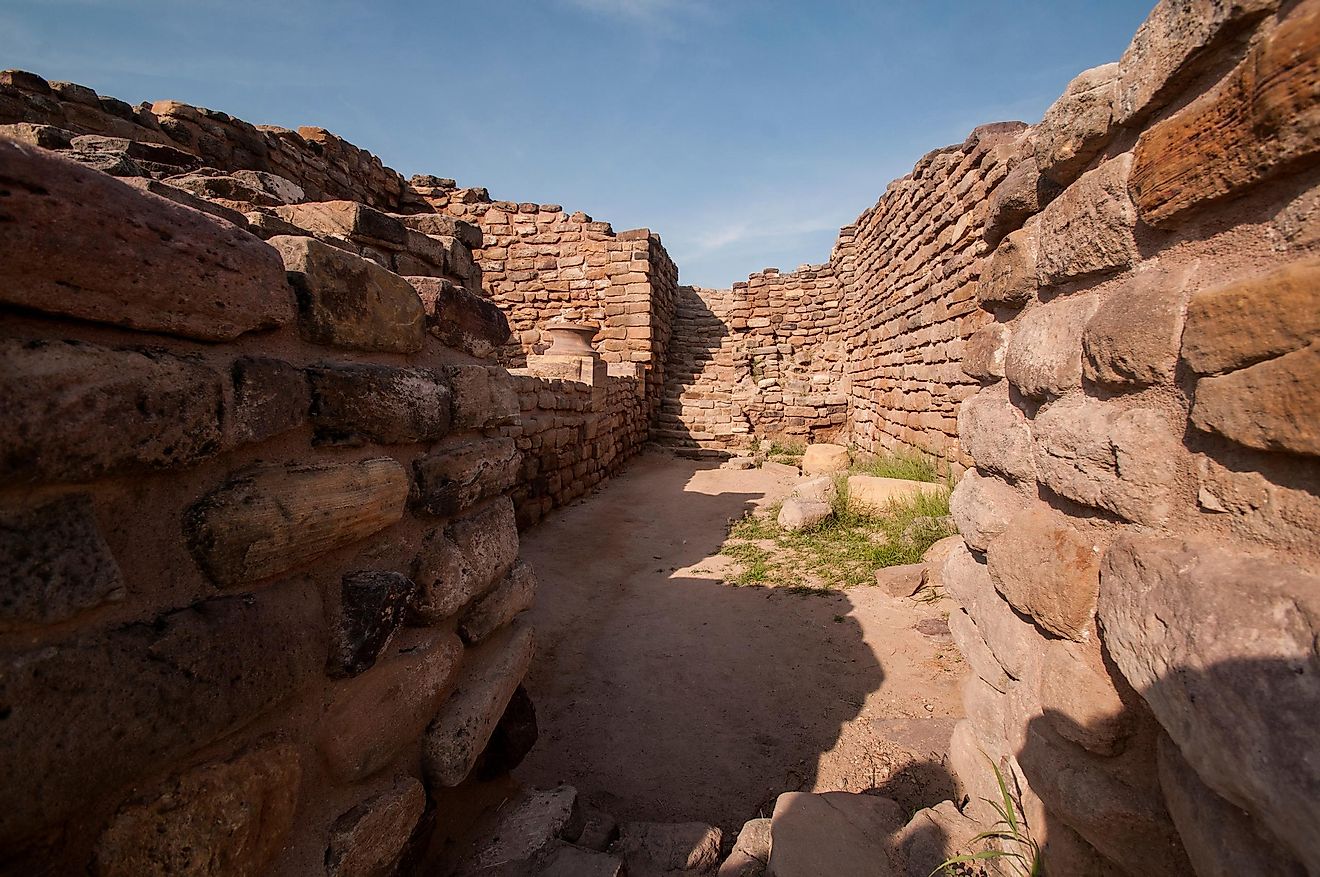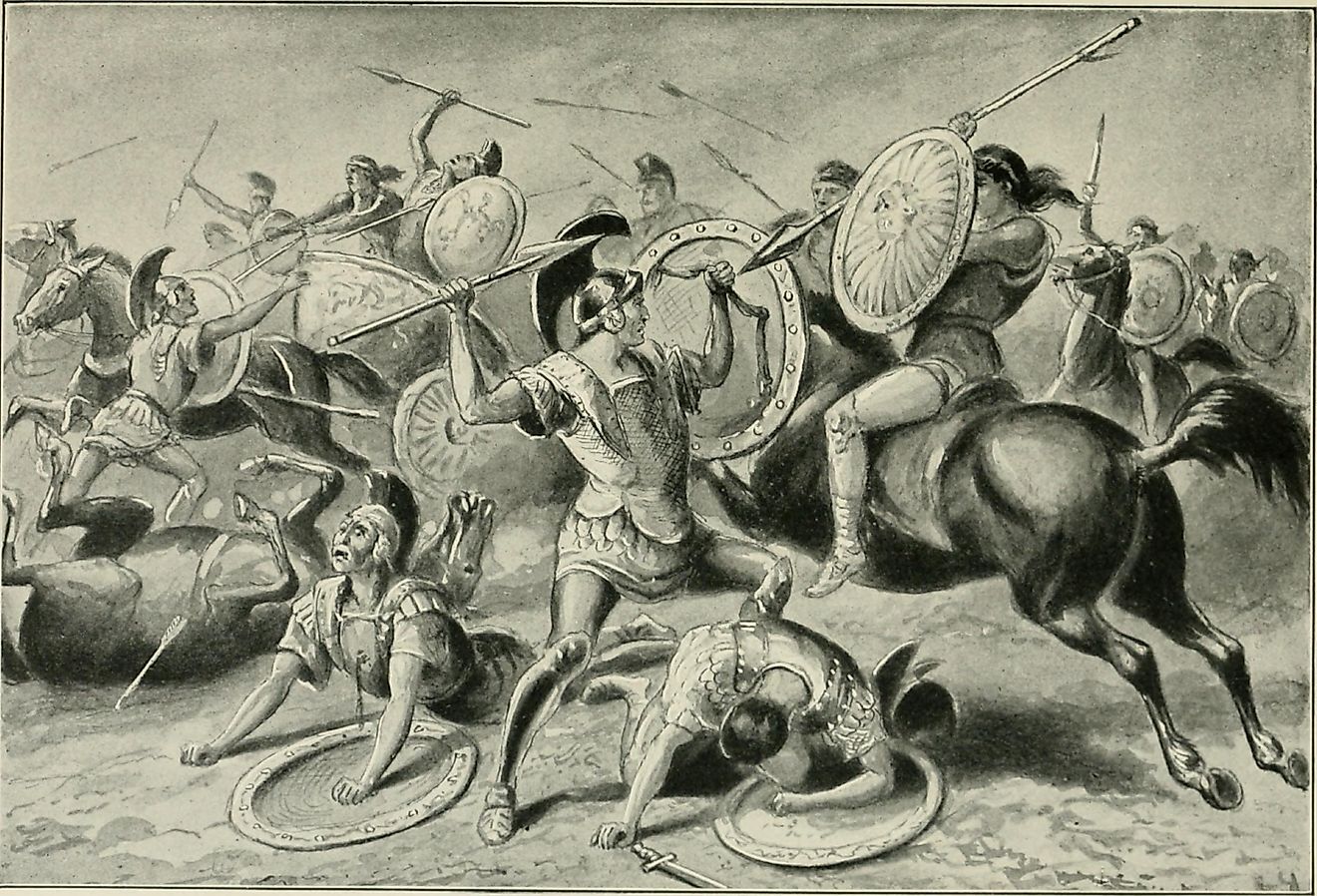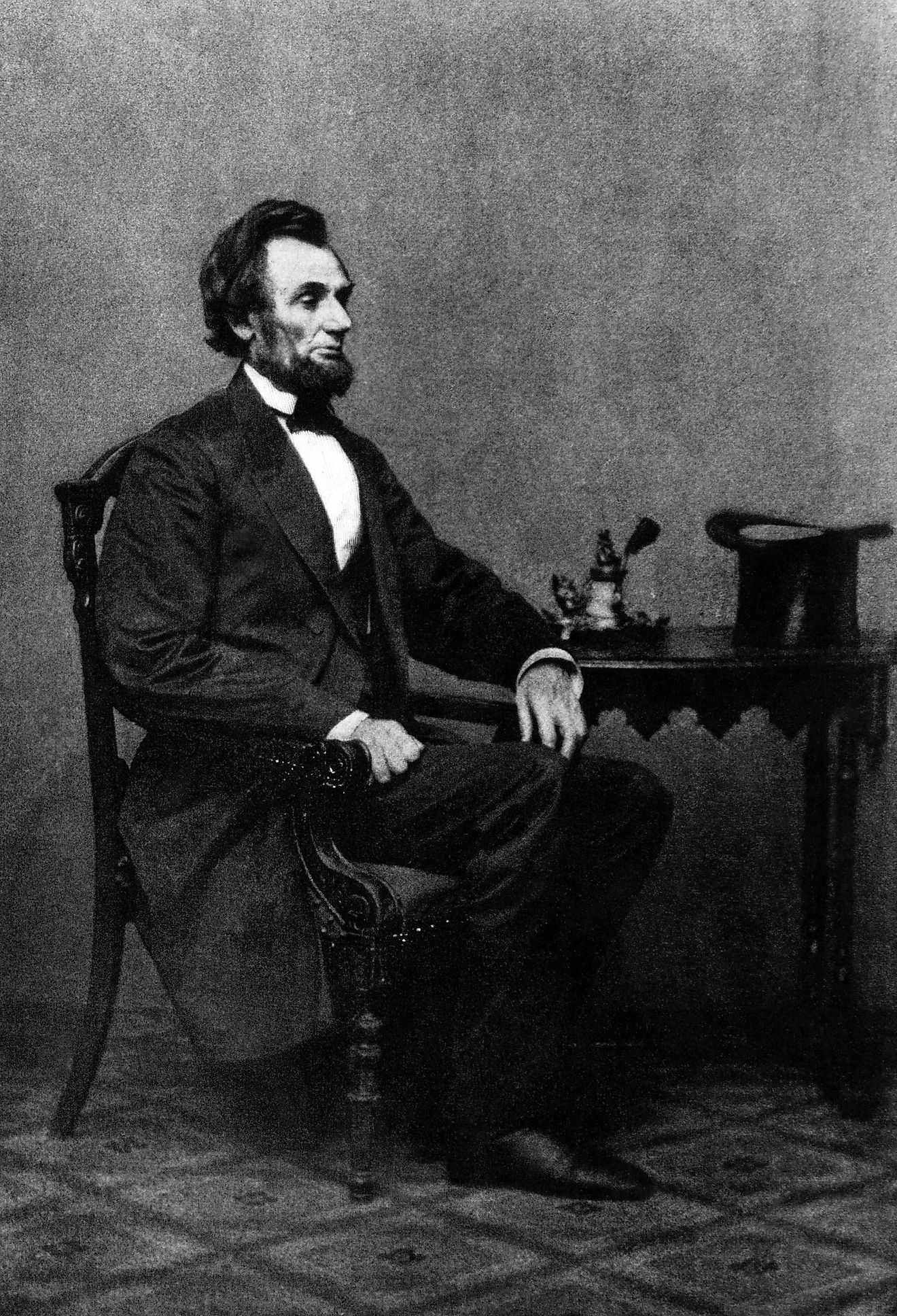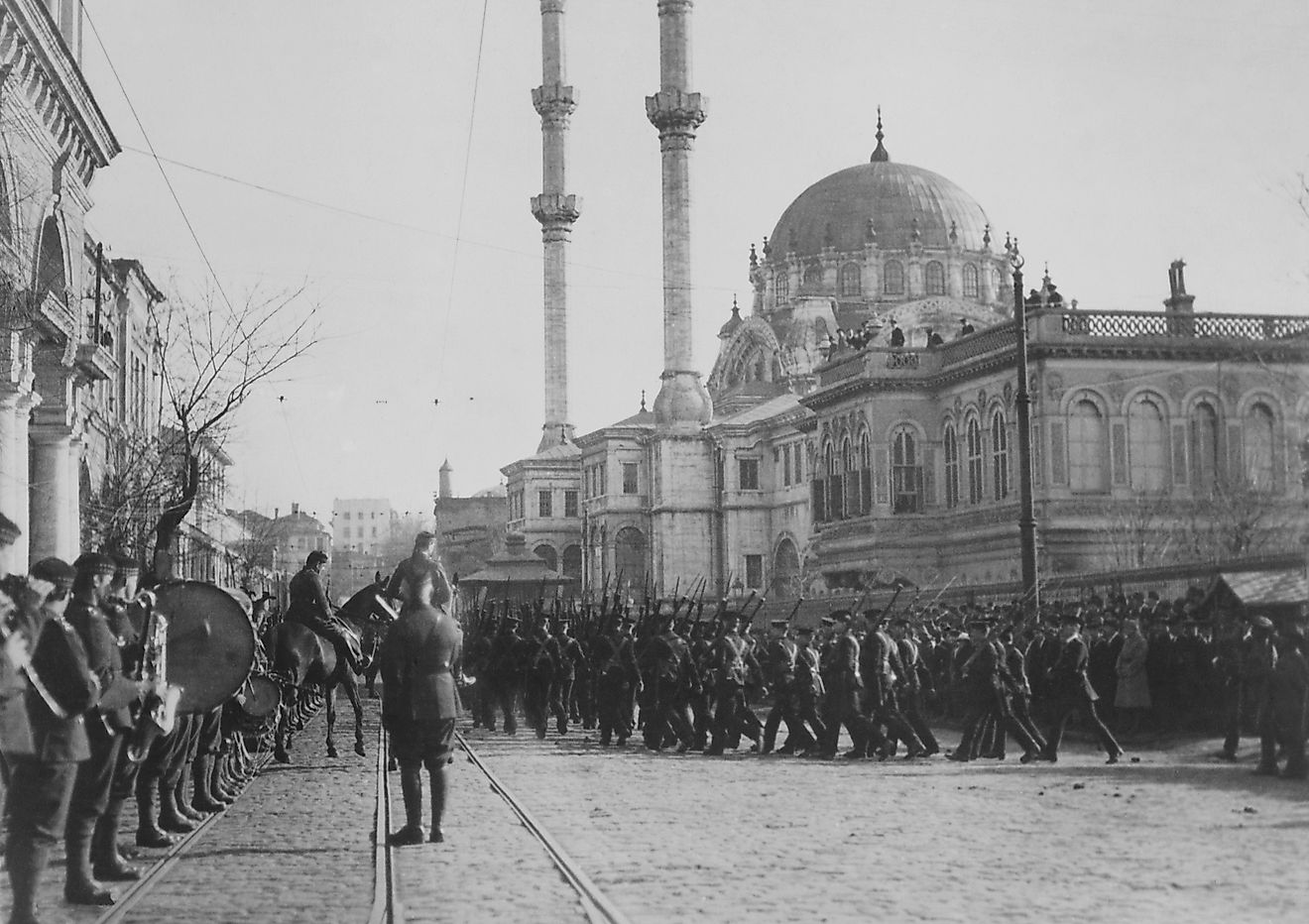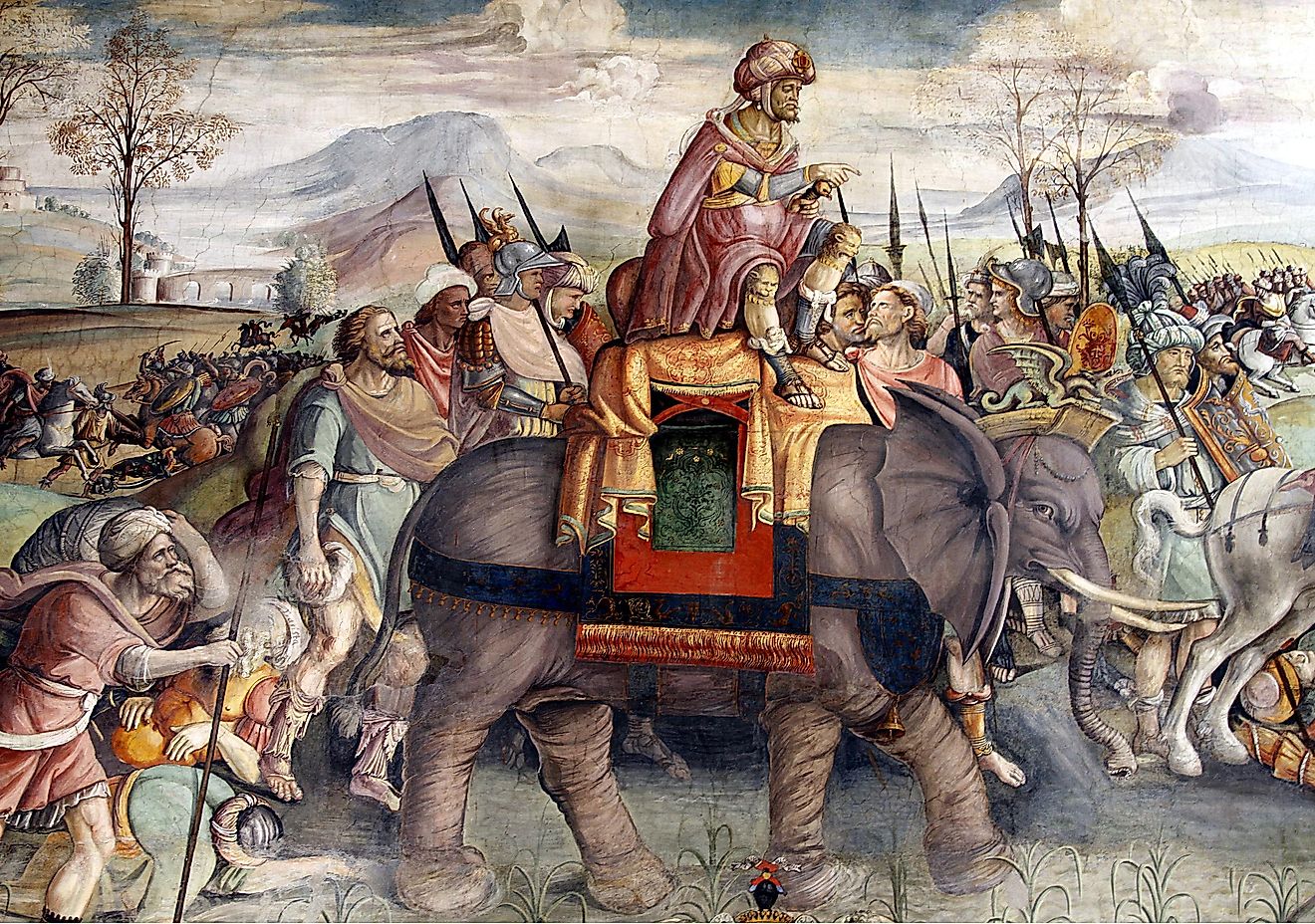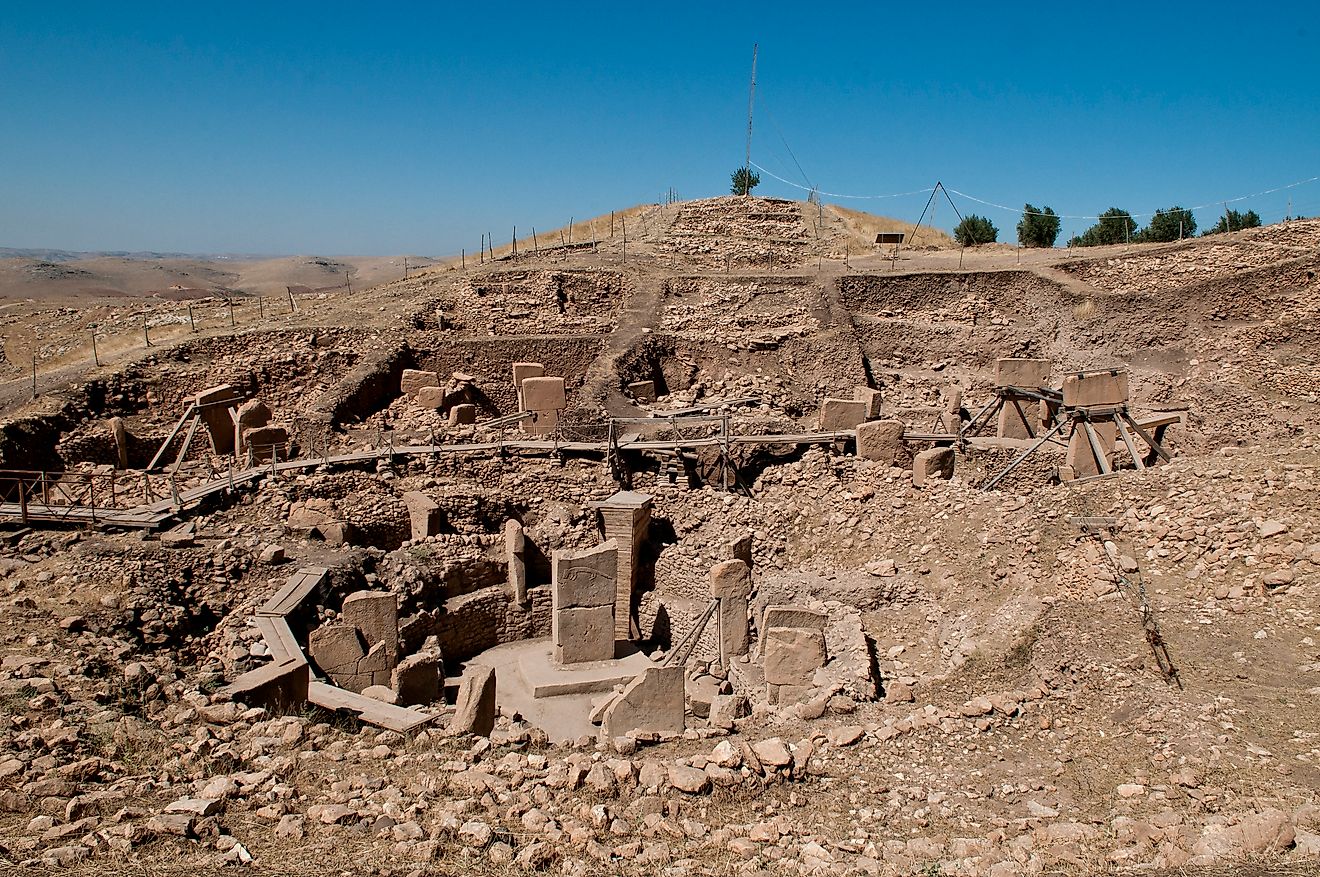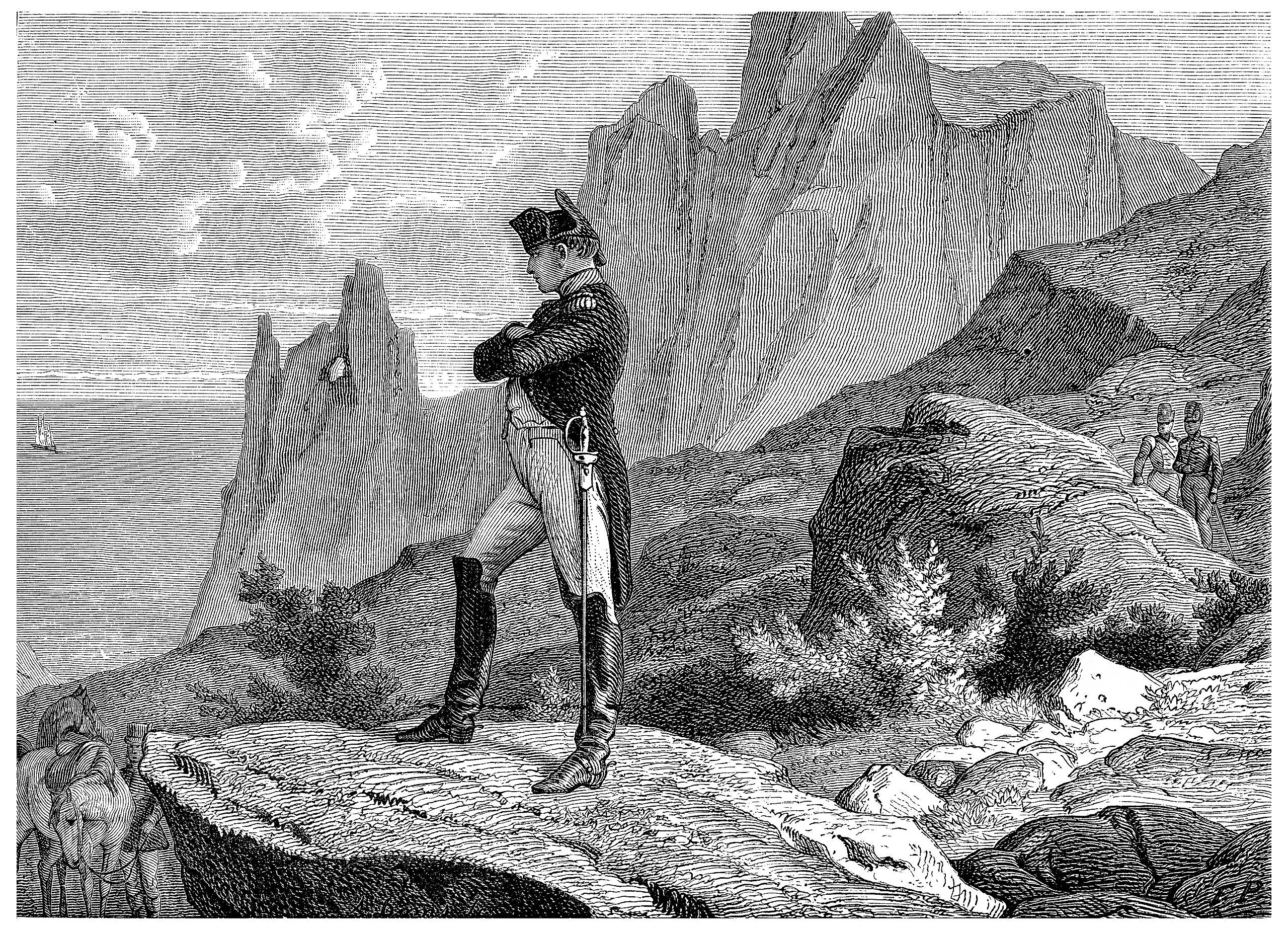
The Failure of Napoleon's Continental System
By 1806 Napoleon Bonaparte and the French Empire had managed to subdue most of Europe. The French had just miraculously beaten the combined armies of the Austrians and Russians at the Battle of Austerlitz, and allies were forced to sign yet another humiliating peace treaty.
With much of the European continent subdued, Napoleon focused his attention on the one nation that had remained a particularly annoying thorn in his side: Great Britain. The British Empire had managed to stay afloat thanks to its advantageous geography as an island nation. Not to mention the enormous navy that safeguarded it at all times from invasion by sea.
If Napoleon wanted to crush the British once and for all, it would have to be through a series of cunning and shrewd financial blows. Not by simply marching an army into London. His plan was to starve out the island nation by cutting off its economy and trade routes from the rest of the European market.
Isolating the British Empire
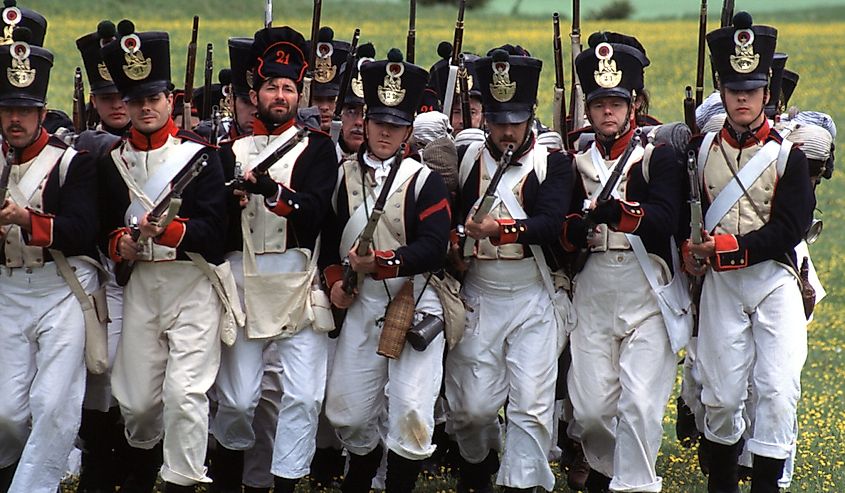
Due to the unparalleled influence and power the French Empire had at the time over Europe, the Continental System was enforced even in nations that had managed to remain neutral in the conflict so far. It did not matter if a nation was under direct rule, an ally of France, or just trying to live peacefully, no European Nation was allowed to trade with Great Britain under any circumstance.
Napoleon knew that military victory could not be achieved so his hope was to cause enough economic hardship that the British aristocracy and public would lose the will to continue the fight against him. Subsequently, giving him total and unquestionable power over Europe.
In the early days of the Continental System, it appeared as though Napoleon's plan was all coming together. Most of Britain's once-booming industries took a massive hit, almost overnight, as their markets vanished into thin air. This led to massive layoffs in factories as well as a rise in the cost of living. In response to this social upheaval, there was a series of riots and protests which manifested themselves in the Luddite Movement.
The Luddites had been around for decades before the Continental System ever came into effect however gained traction thanks to the recent economic hardship the lower classes in Britain now found themselves in.
The Empire Strikes Back
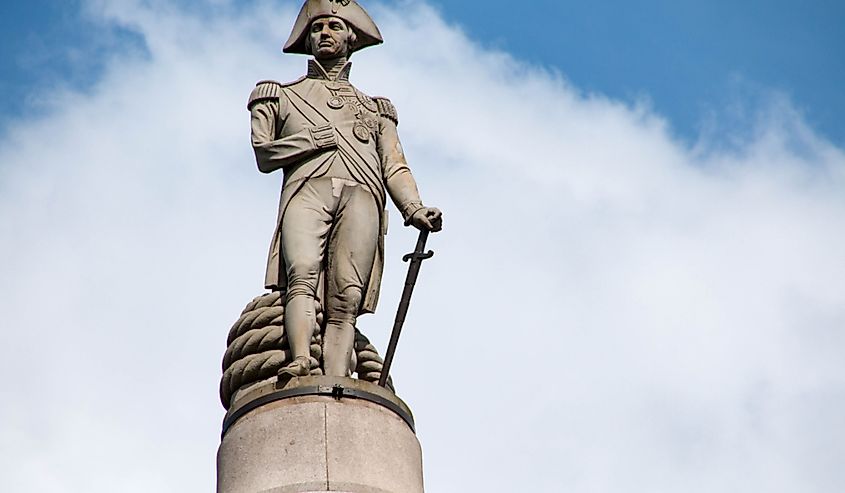
Despite its early success, the French quickly found how impractical the system was and how hard it was going to be to enforce. It turned out that most of Europe, even some of the staunch allies of France, were reliant on British trade to keep their economies afloat. This led to plenty of nations either secretly or openly trading with Britain despite the Continental System.
Even though the French had the largest and most powerful army in the world, they were powerless to stop the trading that was done overseas. On land, the French were head and shoulders above the British but on the open oceans, the Brits were peerless.
The might of the British Royal Navy was able to strong-arm their way through any kind of French blockades and resume trading with whomever they saw fit. The British also launched their own version of the Continental System and made sure to raid or destroy any kind of French shipping whenever they could.
With such a power imbalance between the navies of both nations, the French were totally powerless to stop attacks and could only watch from the shores as their plan backfired in spectacular fashion.
Resentment and the Russian Invasion
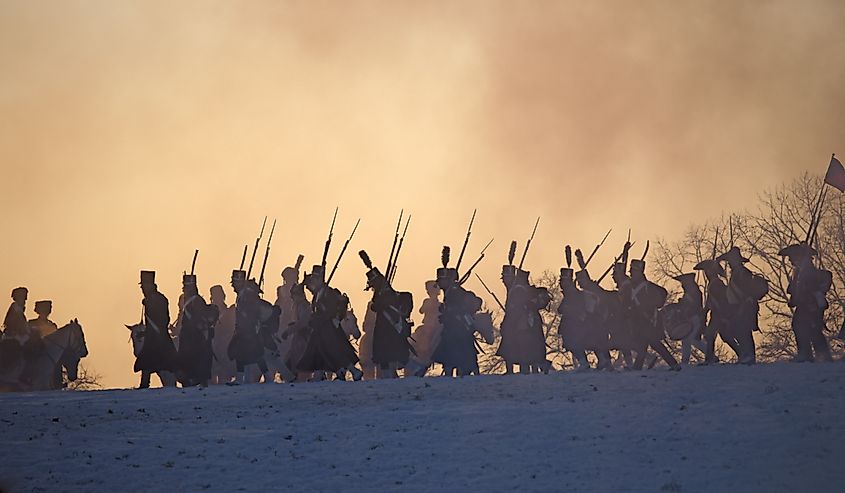
Of all the nations that openly defied French rule and influence, none were so direct and blatant as the Russians. Thanks to their geographical distance from any kind of French military power, the Russians could totally disregard the wishes of Napoleon and the French Empire, regardless of what it said on one of the peace treaties they had signed in the last decade.
Like much of Europe, the Russians never followed the Continental System for even a second. They mocked any semblance of French power projection and continued to trade with Great Britain. By 1810, the Russian Tzar had "officially" stopped abiding by the self-sabotaging sanctions and even increased the tariffs on French luxury goods.
This type of humiliation and damage to French prestige was something Napoleon could not allow to continue on unpunished. In 1812, Napoleon mustered an enormous army, numbering in the hundreds of thousands and marched them deep into Russian territory.
Napoleon easily swept aside any kind of Russian resistance. However, the Russians were only luring the overconfident general deeper into their trap. As the Russians retreated, they either destroyed or took all the supplies they could for themselves. The French soon found nothing but a barren wasteland in front of them and were facing a chronic shortage of food and other crucial materials. Napoleon would push as far as the capital city of Moscow only to find much of the city destroyed by Russian saboteurs.
With the winter settling in and supplies dwindling, Napoleon orders the long march back into friendly territory. The grueling trek back was marked by mass starvation, exposure to subzero temperatures, and endless harassment from the Russian cavalry. By the time the so-called Grand Army made it back to Poland, only 95,000 of the initial 600,000 remained.
Every Man Has His Waterloo
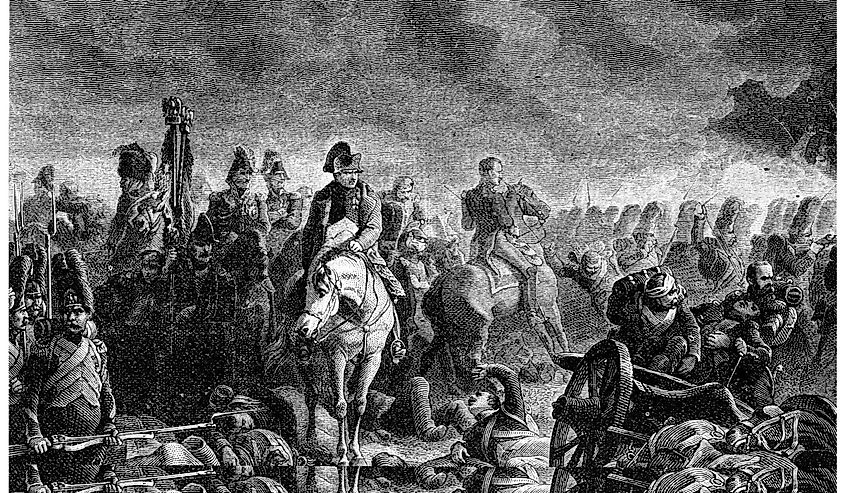
Upon hearing the news of the disastrous invasion of Russia, the formerly subjugated powers of Austria and Prussia joined Great Britain and Russia and declared war on France once again. Even though Napolean was critically short on men and experienced troops, he was still able to scrape together some victories against the new coalition.
After being ousted from power at the request of the European nations, Napolean was exiled to the Island of Elba. This only lasted a short while. The mischievous French military mastermind was back only within a year stirring up trouble once again.
Napolean raised yet another large army and a seventh and final coalition was formed against him. The armies of Napoleon would clash with the forces of Britain, Prussia, and a scattering of small nations at the infamous Battle of Waterloo. The fighting was brutal and incredibly intense. There were many points throughout the day where it looked as though Napoleon would pull off the impossible and win.
However, in spite of his genius on the field, Napoleon lost the battle and with that, any power that he might have hoped to maintain. He was exiled once again to the remote island of St Helena off the coast of Africa and died there only a few years later.
Summary
It might be shocking to hear, but the downfall and eventual defeat of the greatest military mind in the Modern Age was due to a series of disastrous and shortsighted economic policies that were meant to destroy the British.
The Continental System might have had its intended effect of hamstringing British commerce if the French had the navy to do so. Even though Napoleon commanded an unstoppable land army in Europe, it was woefully ineffective at enforcing the will of the new French Empire throughout its newly conquered land. Not to mention, the relative discontent and rebellious attitudes of the recently subjugated peoples of Europe who were uninterested in halting trade. The Continental System was more or less dead on arrival.
